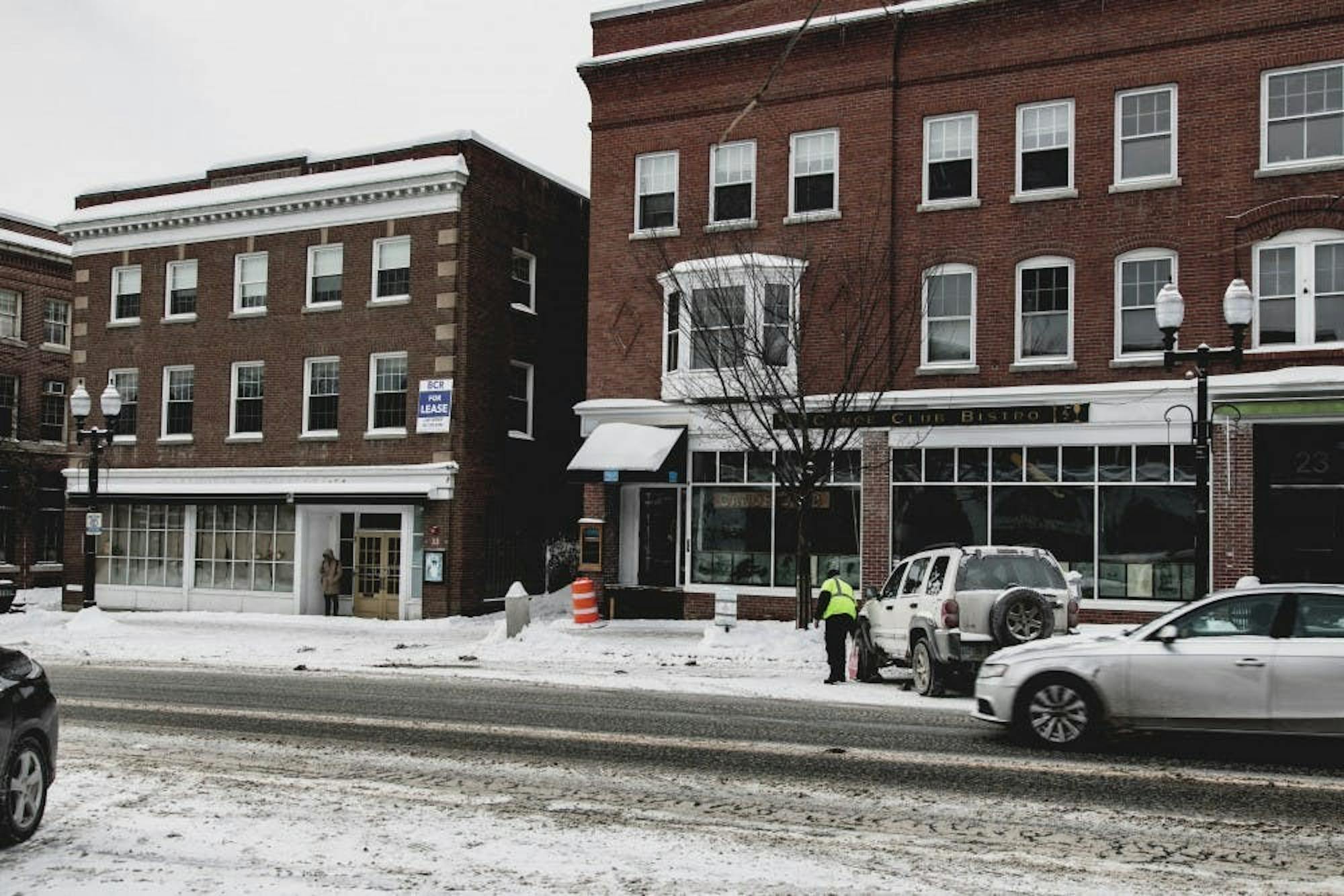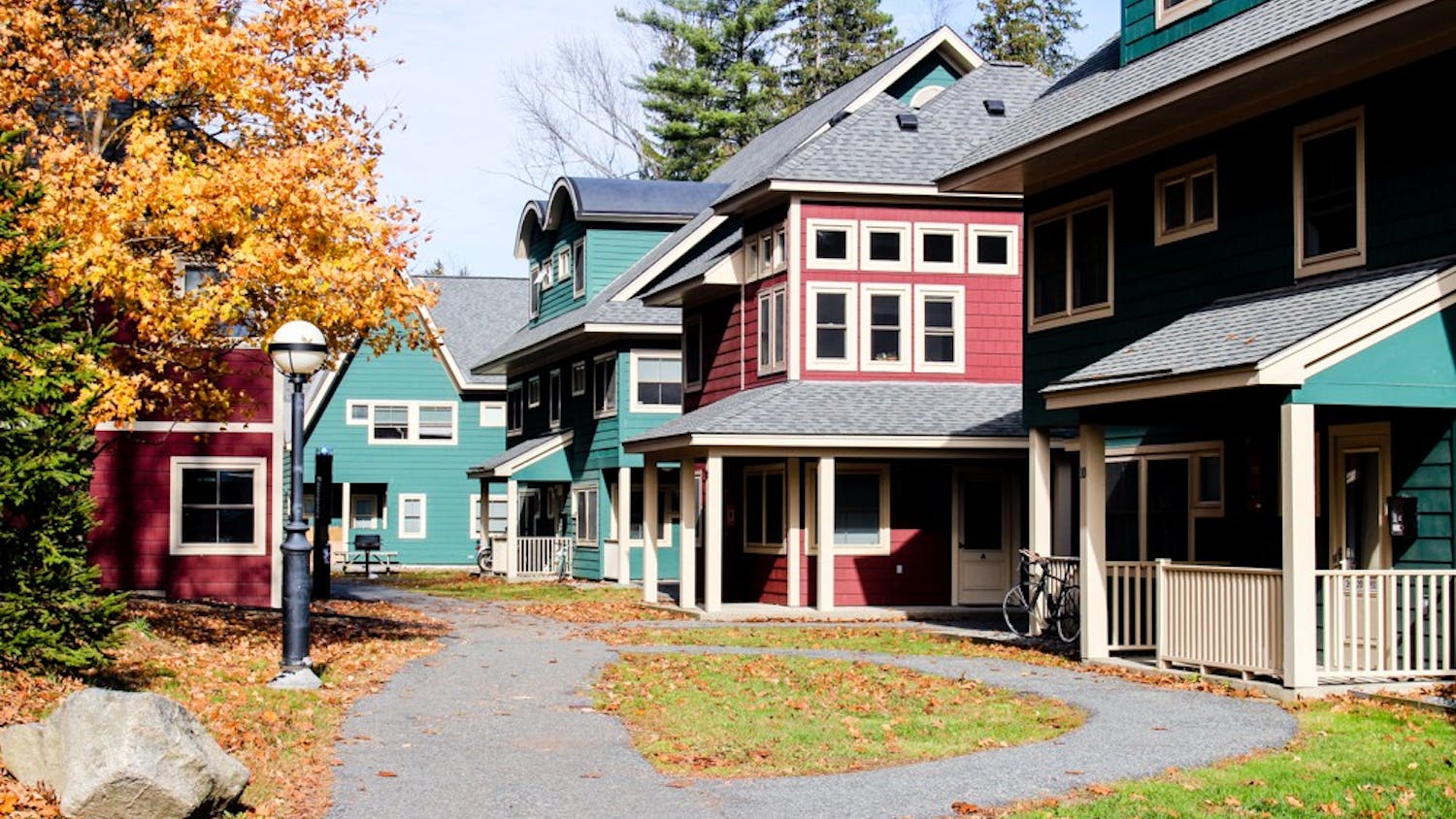The town of Hanover has resorted to hiring a supplemental inspector in order to ensure that the town’s food establishments are complying with public health regulations.
According to Colleen Smith, an official with the New Hampshire public health department, New Hampshire inspects restaurants “about three times less that what the [Food and Drug Administration] recommends” — which is about once per year. Instead, the state only inspects restaurants once every three years, according to Hanover town manager Julia Griffin.
“The state’s public health restaurant inspection function is significantly understaffed and underfunded,” Griffin said.
Griffin added that while there used to be more state health inspectors, the state cut its expenditures years ago when reducing budget expenses, leading to a low number of inspections which Griffin deems insufficient.
“We currently have 7.5 full-time-equivalent inspectors to inspect over 4,600 food establishments,” Smith said. “So while it would be great to inspect every place every year, with that many people, it’s hard to do that routine inspection.”
In New Hampshire, towns can either self-inspect or use the state’s system to inspect restaurants. Smith noted that the 15 self-inspecting cities and towns in New Hampshire are “generally the larger towns.” Hanover itself is not self-inspecting.
Instead, Hanover has been using a former state health inspector to conduct supplemental inspections for all of the town’s food establishments every summer. The town budgets $2,000 a year to conduct these inspections, according to Griffin.
According to Smith, Hanover and the neighboring town of Lebanon are the only non-self-inspecting towns that have hired an independent, supplemental inspector. Griffin added that the town’s inspector coordinates closely with the state.
Griffin noted that Hanover’s supplemental inspector identified Jewel of India’s building code violations earlier in the term. These concerns later led the College to end Jewel of India’s lease, which is scheduled to terminate in June. College spokesperson Diana Lawrence clarified that the College’s role in that decision was solely that of a property owner.
Furthermore, the supplemental inspector and the town — rather than the state — also worked together to identify grease violations at the now-shuttered The Orient.
Market Table chef and kitchen manager Keith Lynde said that the concerns that the town brings aren’t “necessarily what were regulated to be in standard with by the state.”
Lynde said that the town’s supplemental inspector lacks the power to enforce regulations and can only make recommendations to the state. He added that the state and the restaurant both ignore some of the changes suggested by the town.
“Aside from things falling over into town property, he doesn’t really hold weight over a lot of these restaurants,” Lynde said.
Lynde added that while the supplemental inspector could be “annoying to us at times,” he does provide a service.
Han Fusion owner Tom Liang said that when he operated restaurants in other states, inspections happened more on a yearly basis. He added that in his experience, it is “easier for the town to inspect restaurants” as opposed to the state, due to their proximity and relationship.
However, Liang did identify some issues with inspections, noting that they look in the wrong places at times and need to “focus on what’s more important.”
Ramunto’s Brick and Brew Pizzeria manager Tim Cullen called the supplemental inspections a “good process,” adding that the “they come in and point out things that you haven’t thought of.”
“It can be extremely challenging on the older buildings in town because things evolve constantly on what the standard is,” Cullen said. “So when you get stuck in older buildings it makes it significantly harder, and I think that’s a little unfair.”
In comparison to other states, Smith said that over the last decade and a half, government agencies have experienced a decrease in their staff numbers, and the state is looking at ways in which to ensure that inspection process have a “higher degree of focusing on active, managerial control.”
“We’re more likely to be the ones with eyes on a property then the state is, just by the virtue of the fact that this is our community and we’re in and out of local buildings all the time,” Griffin said.



